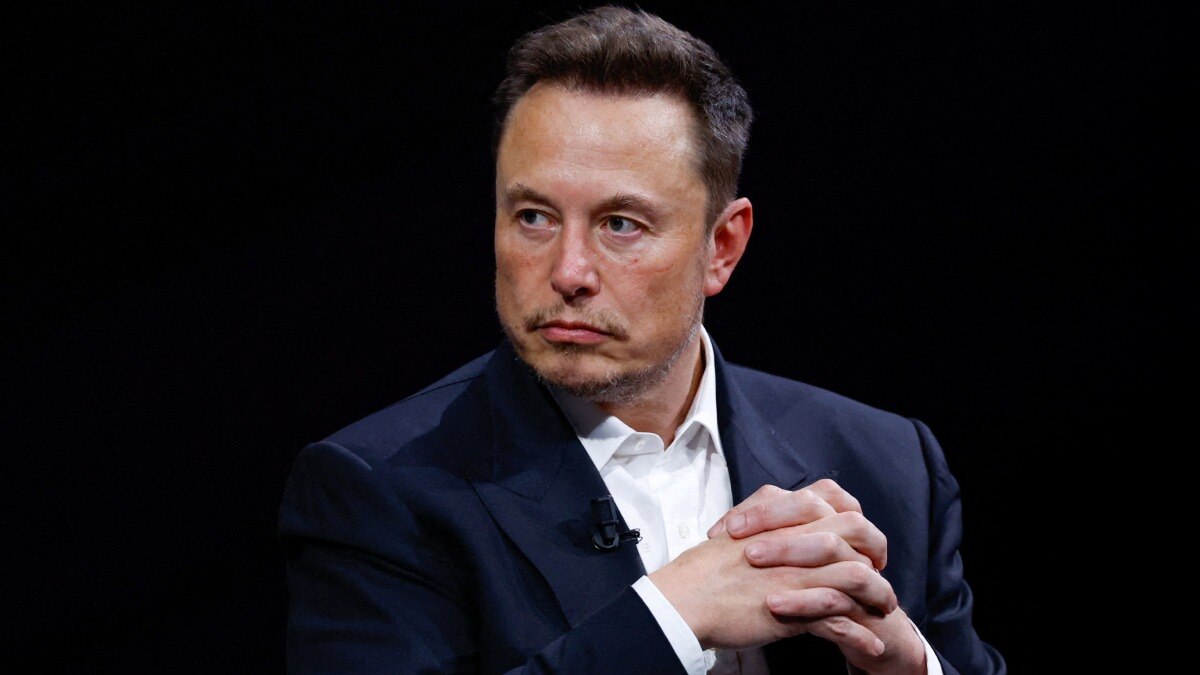Elon Musk recently joined the discourse on electoral integrity by advocating for the elimination of electronic voting machines (EVMs). Citing concerns about vulnerabilities to hacking—whether by humans or artificial intelligence—Musk echoed US presidential contender Robert F. Kennedy Jr.’s critique of EVMs following reported irregularities in Puerto Rico’s recent primary elections.
Kennedy highlighted incidents of voting discrepancies attributed to electronic voting machines in Puerto Rico, where errors were identified and corrected due to the presence of a paper trail. Emphasizing the need for assurance in vote counting integrity, Kennedy called for a return to paper ballots to mitigate potential electronic interference.
We should eliminate electronic voting machines. The risk of being hacked by humans or AI, while small, is still too high. https://t.co/PHzJsoXpLh
— Elon Musk (@elonmusk) June 15, 2024
The controversy surrounding electronic voting machines has deepened following issues reported with Dominion Voting Systems in Puerto Rico, where software errors led to incorrect vote tabulations. This incident has sparked renewed scrutiny over the reliability and security of electronic voting systems.
In a broader context, Dominion Voting Systems has been embroiled in legal battles and faced public scrutiny over claims of electoral manipulation, particularly related to the 2020 US presidential election. The company’s lawsuit against Fox News, settled with a significant financial agreement, underscored the impact of misinformation and its consequences on public trust and company reputation.
The debate over electronic voting versus paper ballots continues amid ongoing concerns about electoral transparency and cybersecurity, influencing discussions on the future of voting technologies and their regulatory frameworks.























